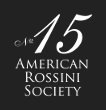Tributes to Philip Gossett
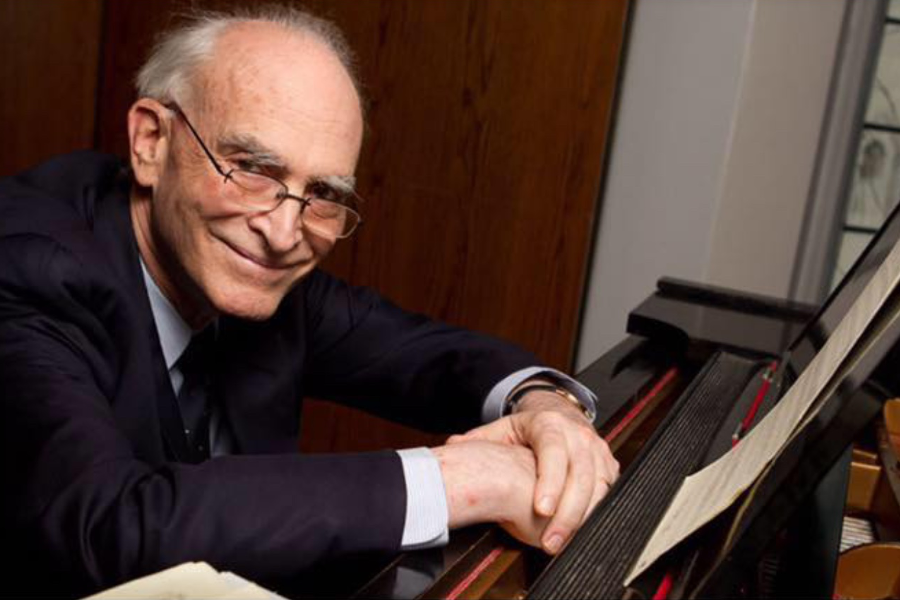
The passing of Professor Philip Gossett, earlier this year, brought tributes and acclamation in the numerous obituaries that were published shortly after his death. The loss of Gossett is particularly profound for the American Rossini Society which he supported from the start and served as honorary president.
We invited some of the many scholars, artists, and students who worked with Professor Gossett over the years to share some of their memories. We have assembled them below, and will be adding more over time as contributions are submitted. Read More
Be sure to get to the Barber in October!

Seattle Opera will bring “The Barber of Seville” on Oct 14,15,18,20,31,22,25 & 28. Check out Seattleopera.org for details.
Hurry, there are no Barbers during the month of November ANYWHERE in the US!
So, now is the time to pay a visit!
William Tell is coming to New Mexico for the first time ever!
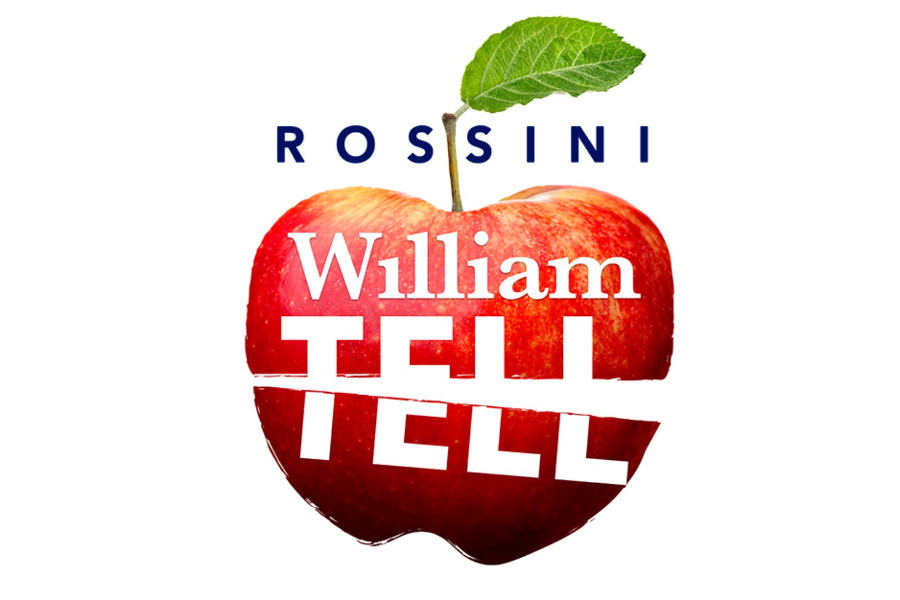
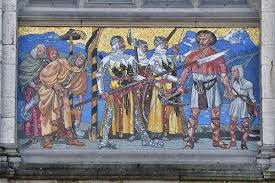 In anticipation of the event, we invited the artists responsible for this, Anthony Barrese to share some thoughts about this masterpiece. Information about the performances (Oct 22, 25, 27, 29 in Albuquerque) can be found on the Opera Southwest website.
In anticipation of the event, we invited the artists responsible for this, Anthony Barrese to share some thoughts about this masterpiece. Information about the performances (Oct 22, 25, 27, 29 in Albuquerque) can be found on the Opera Southwest website.
Hope you enjoy the Q and A with Maestro Barrese!
Q. To repeat the anecdote of Rossini being met in the street with the news that the Paris Opera would be giving Act Two of Guillaum Tell, May we ask of your performances, as Rossini did, “What the whole of it?” Or to put it another way, what cuts (assuming there are some), are you making and what influenced your to make the specific cuts you have?
Read More
Tributes to Alberto Zedda
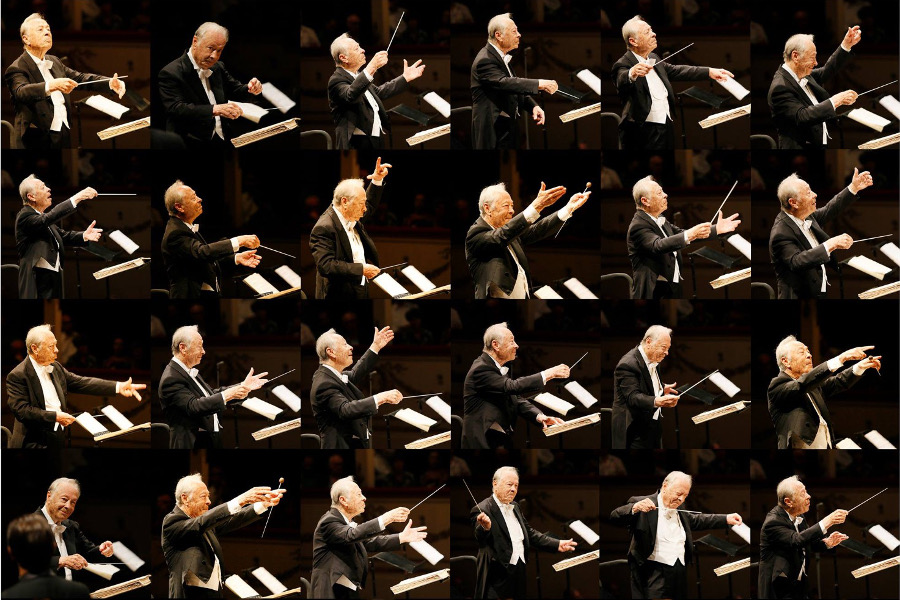
The passing of Alberto Zedda earlier this year was an incredible loss to the international Rossini community. Many are still in denial and the loss won’t seem real until this year’s edition of the Rossini Opera Festival his presence will greatly be missed. Those who did not have the chance to know or work with Maestro Zedda may get an idea of the magnitude of the loss from the following tributes and recollections which we have gathered here.
Everyone who was approached about making contributions kindly agreed; No doubt there are many more who would have contributed had we been able to contact them. Our apologies to those who are not included. Some contributions are in Italian and in some cases difficult to translate. We include the Italian text with a few highlights translated to English. Read More
A chance to hear a discussion with Larry Wolff at ROF2017
Among the “Incontri” offered this year is a “conversation” with Larry Wolff, featured in our recent interview.
It will be held on the 21st of August at 11 AM in the Sala Della Repubblica of the Teatro Rossini. This is a unique opportunity to hear Professor Wolff discuss issues in his book “The Singing Turk”. Admission is free.
Understanding the Siege of Corinth: What Rossini’s (and Mozart’s) Turkish operas say about Western Relations with the Middle East
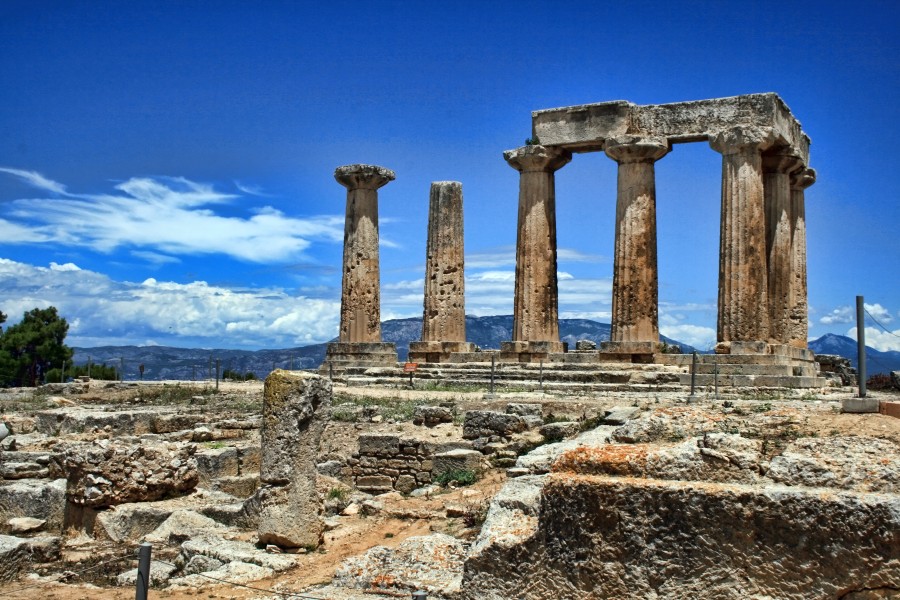
The Rossini Opera Festival will be featuring Le Siège de Corinthe this summer in Pesaro. It will be quite a historic event because in addition to the ROF debut of Luca Pisaroni it will feature “new” music not heard before in performance.
In anticipation of this performance we invited Professor Larry Wolff, Professor of History and Director of the Center for European and Mediterranean Studies at New York University and author of the recently published “The Singing Turk: Ottoman Power and Operatic Emotions on the European Stage from the Siege of Vienna to the Age of Napoleon“, to give us some insight into why composers have been drawn to Turkish characters and settings. What he says may change your understanding and appreciation of both Mozart’s and Rossini’s “Turkish” operas.
———
Q. Your recently published book “The Singing Turk”, has arrived at quite an interesting time! With ROF’s performance of Turco last summer, to their performances of Siege and Pietra this coming summer. And of course the Met’s L’Italiana last fall! What do you think continues to fascinate audiences with these themes today? Read More
Luca Pisaroni will perform the role of Mahomet at ROF this summer!
The Rossini Opera festival announced today, May 11th, that Luca Pisaroni will be Mahomet in this summer’s Siege. This will be Pisaroni’s first Mahomet (although he has sung Maometto to great acclaim). There is extra good news for his fans in that his recital in Pesaro will not be canceled, but simply postponed. We will share more details as we get them. Be sure to read our interview with him here!
Interview with Anthony Barrese
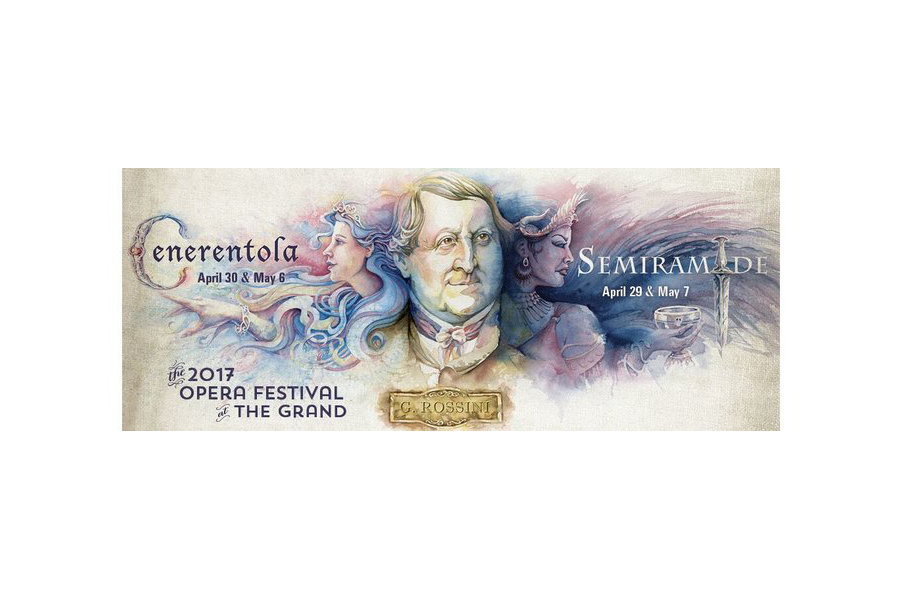
Anthony Barrese’s conducting career includes many engagements on both sides of the Atlantic but he is perhaps best known to many Americans for his work with the Florida Grand Opera, Opera Theatre of St. Louis, Opera North, and Boston Lyric Opera. A winner of the Georg Solti Foundation award, he is both a conductor and a musicologist. Of particular interest to Rossini lovers is his work with Opera Southwest where he is artistic director and responsible for presenting a broader Rossini repertory than is common in the United States.
He will be conducting Semiramide at Opera Delaware next month and in that connection we are pleased to bring you this interview.
We are delighted that Anthony Barrese agreed to take time from his busy schedule to answer some questions for RossiniAmerica. Maestro Barrese, in addition to being the Artistic Director and Principal Conductor of Opera Southwest in Albuquerque, New Mexico, is a Rossini connoisseur and continues to present Rossini’s works at OSW In addition, he will be at Delaware Opera which will be presenting a Festival later next month featuring Rossini’s Cenerentola,Semiramide,and Petite Messe Solennelle.
Q.Presenting so many Rossini operas, particularly the less-often performed ones at a regional opera company is quite an ambitious project. What inspired you to do so? Read More
Tributes to Alberto Zedda continue .
Inspired by a tribute from Ilaria Nari of the Fondazione Rossini in Pesaro, we will assemble tributes ( with translation) to post at a later date.
In the meantime,it is worth considering her observation:
” It can certainly be said without exaggeration that Alberto Zedda was the greatest Rossini opera ambassador from the ’70’s to the present… he revealed the face of a composer whose work was largely disappearing”
Our loss is profound.
ROF will partner with the wonderful RAI orchestra
Already for ROF 2017, this Italian national treasure, the RAI orchestra, will appear in two of the principal works, as well as the closing Stabat Mater.
This collaboration will extend through the following two seasons. Reason to celebrate. See you there!
